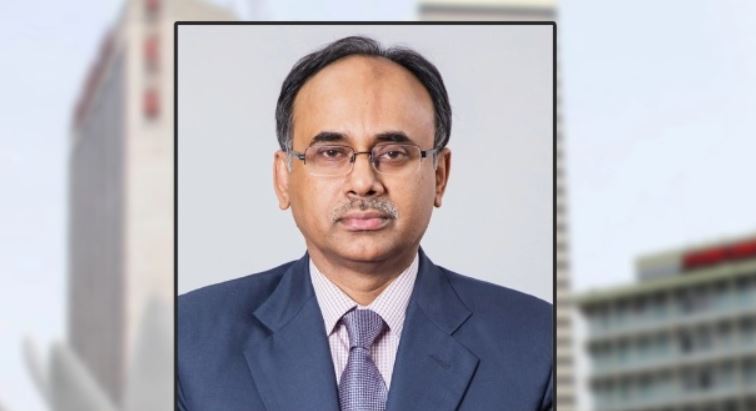Bangladesh Bank (BB) Governor Abdur Rouf Talukder on Sunday said within a very short time the central bank will go for a market-based interest rate and apply a crawling peg system to fix the foreign exchange rate.
He said the BB is working with prominent economists and bankers to prepare a contractionary monetary policy measure for curbing inflation and restoring macroeconomic stability.
Abdur Rouf said this while speaking as the chief guest at a plenary discussion session on ‘Fiscal and Monetary Policies in the evolving Economic Order: Risk, Vulnerabilities and Solutions’ held in a hotel in Dhaka on Sunday.
The discussion session was held at the 1st Development Studies International Conference, Dhaka, jointly organized by the Department of Development Studies, University of Dhaka, and Bangla Daily the ‘Bonik Barta’.
The crawling peg is a system of exchange rate adjustments in which a currency with a fixed exchange rate is allowed to fluctuate within a band of rates. The method fully uses the key attributes of the fixed exchange regime, as well as the flexibility of the floating exchange rate regime.
Former BB Governor Dr Atiur Rahman in the chair, former governors of BB Dr Salehuddin Ahmed, Fazle Kabir, former finance secretaries Dr. M Tareque and Mohammad Muslim Uddin Chowdhury, among others, spoke at the event.
Dr Salehuddin said that the central bank has to handle some issues strongly to give respite to honest businessmen and influence over the banks and more beneficiary groups. So that they cannot influence independent policy-making and its implementation.
He said Pakistan’s economy fell into a trap for the last 50 years due to priorities of the policies set by the International Monetary Fund (IMF). Learning from that the BB has to be more cautious in the implementation of the IMF suggestions.
He emphasized policy to ensure low-cost funding for small and medium industries and increase money flow for agriculture lending to grow food production.
Former finance secretary Muslim Uddin Chowdhury said that Bangladesh has to improve the quality of data of various sectors especially the financial sector making proper policies based on it.
He also suggested to all the offices and departments of government to cut additional and unnecessary expenditures, as the small expenditures altogether made a big amount and at last it caused the deficit of financial accounts.
He suggested reducing the high-power money supply in the money market, which pushed up inflation.













-20260226080139.webp)






-20260225072312.webp)








-20260219054530.webp)
-20260224075258.webp)




-20260221022827.webp)